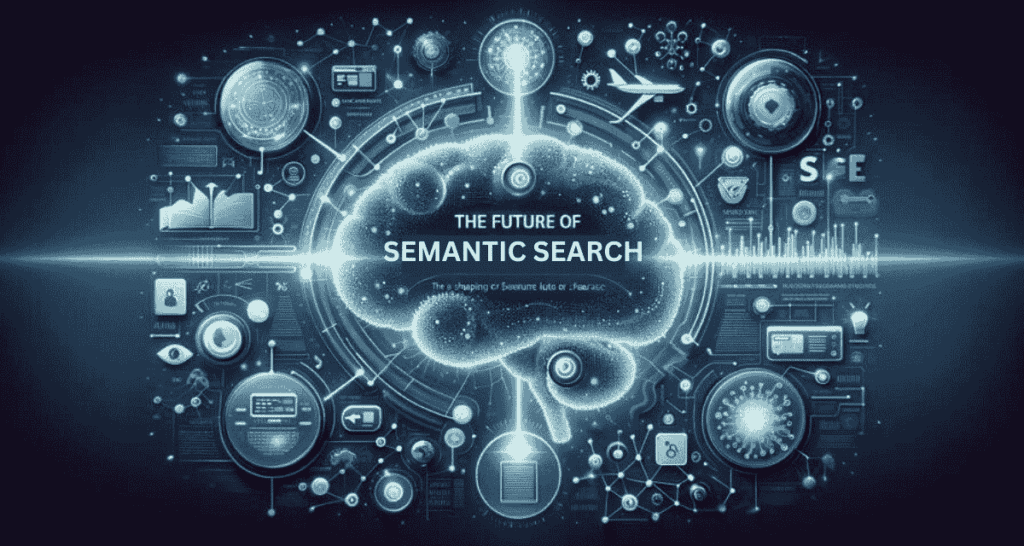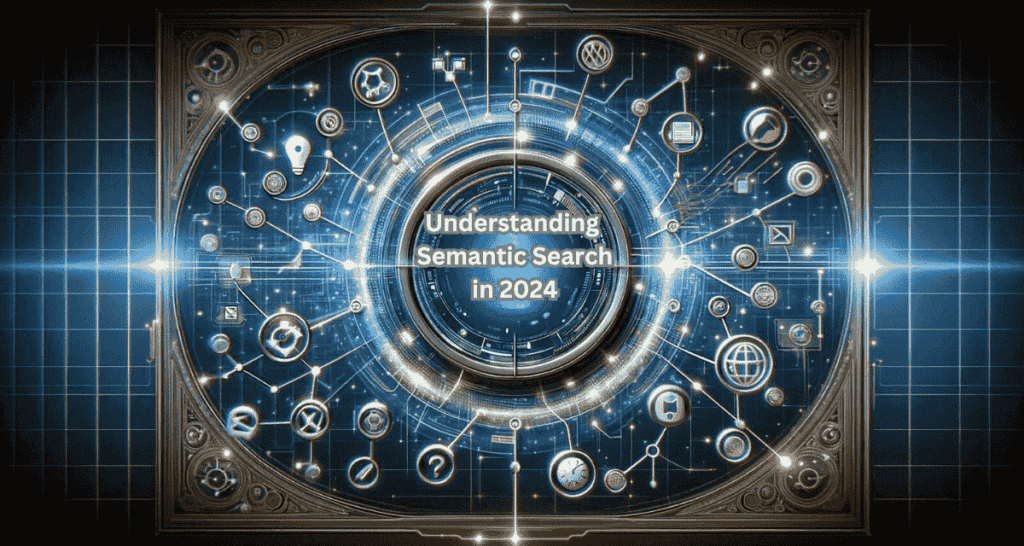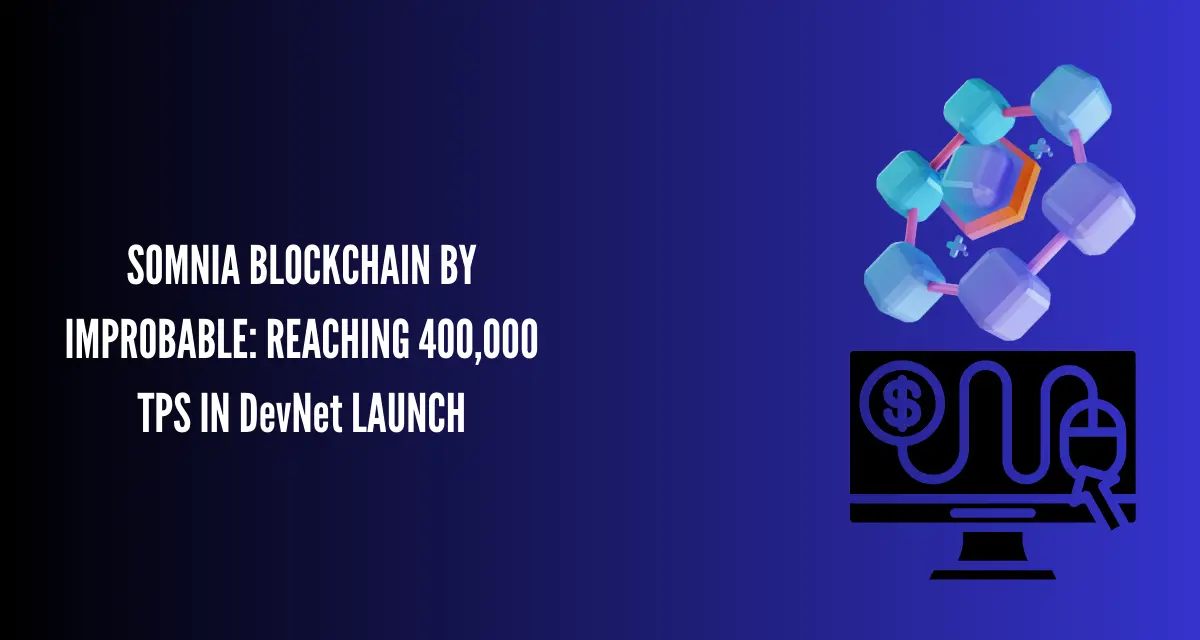Introduction
In today’s digital age, the way we search for information online has undergone a revolutionary transformation. Semantic search, a technology that understands the intent and contextual meaning behind user queries, has become the backbone of this development. As we step into 2024, its significance has only magnified, influencing how SEO and content creators adapt their strategies to meet the advanced demands of search engines.
Gone are the days when simple keyword insertion would guarantee a spot at the top of search engine results. Instead, semantic search aims to understand the details and complexities of human language, offering results that are not just accurate but also relevant to the user’s underlying intentions. This shift towards a more natural search experience marks a vital moment for SEO professionals, compelling them to refine their tactics and follow a content-first approach.
With each passing year, semantic search becomes more established in the algorithms that command online visibility. Understanding its mechanisms and consequences is no longer optional; it’s essential for anyone looking to navigate the digital landscape effectively in 2024 and beyond. This article will guide you through the details of semantic search, from its foundational principles to the cutting-edge strategies that will define SEO success in the years to come. Let’s dive in and explore how this technology is reshaping the future of online search and content discovery.
What is Semantic Search?
Understanding the Basics
Imagine you’re talking to a super-smart robot that doesn’t just listen to the words you say but also understands what you really mean. That’s what semantic search is like! It’s like a detective that looks at the clues (the words you type into a search box) and then figures out what you’re really looking for, not just matching those exact words.
For instance, if you type “What is the height of the Eiffel Tower?” a search engine using semantic search doesn’t just look for web pages that have those exact words. Instead, it understands you’re looking for the height of a famous landmark in Paris and shows you the best answer.
Semantic search uses some cool tools like natural language processing (that’s a fancy way of saying it understands human language) and machine learning (which means it gets smarter the more it’s used) to make your search results better. It’s like having a conversation with your computer!
Why It’s Different
Old-school search engines were like a simple game of matching words. If you typed in “apple,” you might get results about the fruit or the company, and the search engine wouldn’t know the difference. But with semantic search, the search engine tries to figure out what you mean. Do you want to know about the fruit, or are you looking for the latest iPhone? It looks at the other words you use and how you phrase your question to get you what you need.
The Story of Semantic Search
How We Got Here
The journey of semantic search is like a tech fairy tale. It started with simple search engines that could only match exact words. But then, smart people working at places like Google and Bing began teaching these search engines to understand human language better. They used stories (data) and magic spells (algorithms) to make them smarter.
Over the years, these search engines have gotten really good at figuring out what we mean. They’ve learned from millions of searches, getting better and better at helping us find exactly what we’re looking for. It’s like they’ve gone to school for many years, learning how to be the best helpers they can be.
Important Moments
Some really big moments in this story include when search engines started understanding whole questions instead of just looking at the words one by one. They also learned how to connect different ideas, like knowing that “New York” and “Big Apple” can mean the same thing. All these improvements have made searching online much easier and faster for us.
Semantic Search and SEO in 2024

How SEO is Changing
Now, let’s play a game called “Spot the Difference.” Remember when finding something online was like a treasure hunt, and you had to guess the exact words to find the treasure? Well, those days are gone. Thanks to semantic search, it’s like the treasure finds you!
So, how do you make sure your treasure (I mean, your website) is easy for people to find? It’s all about making your website’s content rich and full of clues that help search engines understand it better.
From Keywords to Conversations
Imagine you’re telling a story about your favorite movie. You don’t just say the title; you talk about the characters, the exciting scenes, and how it made you feel. That’s how you should think about writing content for your website. It’s not just about using certain words anymore; it’s about telling a story that includes everything someone might want to know about your topic.
Questions to ask yourself:
Is my story (content) interesting and easy to understand?
Does it answer questions people might have?
Am I using words and phrases that sound natural?
If you can say “yes” to these questions, you’re on the right track!
Tools and Techniques
Now, you might be wondering, “How do I know what stories to tell?” Don’t worry; there are tools for that. Imagine you have a magic spell that can tell you what people are curious about. Keyword research tools with semantic capabilities are like that spell. They help you understand what people want to know so you can create content that answers their questions.
And remember, the internet loves a well-organized story. Using structured data and schema markup is like creating a map of your story, making it easier for search engines to understand and share with others.
There is detailed discussion on the topic Semantic Search and SEO in 2024. For deep understanding reading this guide is a must.
Practical Applications of Semantic Search in 2024
Shopping, Talking, and Learning
Let’s take a journey through a day in your life, but with a twist: everything is powered by semantic search.
Morning: You’re looking for a new book to read. Instead of just showing you a list of books, your search engine asks, “What kind of adventures do you like?” You say, “Mysteries set in space,” and voilà, you get recommendations for space mystery books.
Afternoon: You’re curious about how to make a solar oven. You ask your virtual assistant, and it guides you through the process, step by step, like a friend teaching you a new craft.
Evening: You’re shopping for a new pair of sneakers. Instead of scrolling through pages of shoes, your search tells you, “People who run in the mornings prefer these sneakers. Want to try them?”
It’s All About Understanding
See how semantic search makes everything more personal and natural? It’s like having a friend who knows exactly what you’re looking for, even when you’re not sure yourself.
Why This Matters to You
“This is cool, but why does it matter to me?” is probably what’s on your mind. Semantic search is your secret to uncovering and sharing the greatest finds on the internet, whether you’re a content creator, product seller, or just interested in the world.
The Future of Semantic Search

What’s Next on the Horizon?
Now, let’s pull out our crystal balls and look into the future. Semantic search isn’t just a passing trend; it’s the future of how we interact with the vast world of information online. But what’s next? How will it continue to develop?
AI and Machine Learning: The Dynamic Duo
First off, artificial intelligence (AI) and machine learning (ML) are about to take semantic search to new heights. Imagine a search engine so responsive, it knows what you’re looking for before you even finish typing your question. It’s like your best friend who finishes your sentences, but for search!
Question for thought: How can we prepare for this future? By staying curious and adaptable. The more we learn about these technologies and how they work, the better we can use them to our advantage.
Challenges and Opportunities
With great power comes great responsibility. As semantic search gets smarter, we’ll face new challenges, like ensuring privacy and preventing misinformation. But, with every challenge comes an opportunity. For SEO professionals and content creators, this means constantly innovating and finding new, authentic ways to connect with audiences.
Staying Ahead in the SEO Game
To stay ahead, it’s not just about following trends; it’s about setting them. Here are a few strategies:
Keep your content dynamic and engaging, always thinking about the user’s intent.
Dive into understanding AI and ML to leverage these tools in optimizing your content.
Adopt change and be ready to adapt your strategies as new advancements occur.
Conclusion: Embracing the Future of Search
As we wrap up our journey through semantic search in 2024, remember that at its core, it’s all about understanding and connection. Whether you’re a content creator, SEO professional, or just a curious soul navigating the digital universe, the future is bright.
Semantic search is transforming how we find, share, and interact with information, making our online experiences more personal,natural, and enriching. By welcoming this transformation and continuously adapting our strategies, we’re not just keeping up; we’re leading the way into a future where technology enhances our natural curiosity and creativity.
So, let’s move forward with confidence, curiosity, and a commitment to learning. The future of search is not just about algorithms and data; it’s about people. And together, we’re shaping a world where technology brings us closer to the knowledge, stories, and experiences that enrich our lives.
Thank you for joining me on this exploration of semantic search in 2024. Here’s to discovering and creating the future, one search at a time!
Author
-

Sophie is our seasoned SEO Expert , navigating the intricacies of algorithms with finesse. With a wealth of experience, she ensures your digital presence ascends to the top ranks, one optimized keyword at a time.
View all posts




